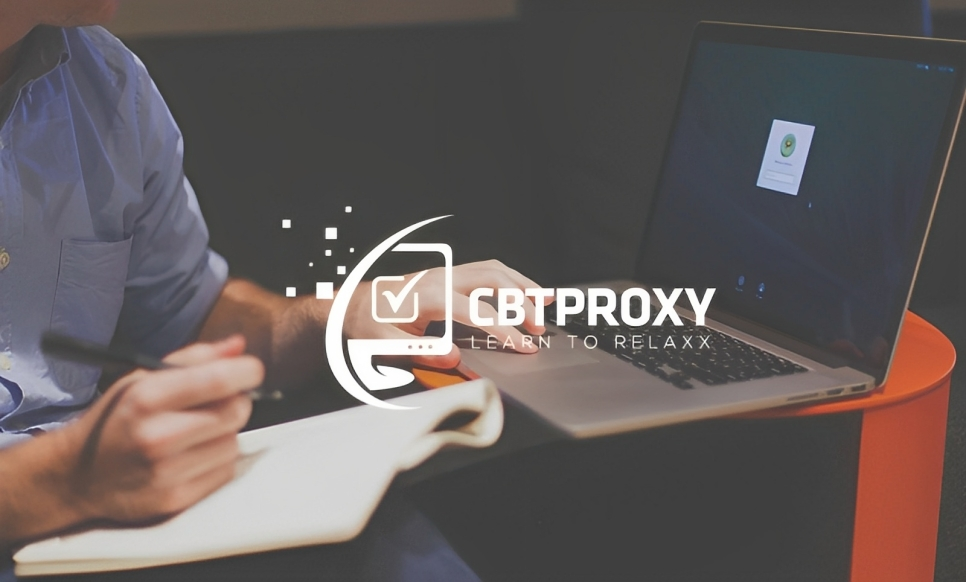The Kubernetes Certified Kubernetes Administrator (CKA) exam is a renowned certification that validates the skills and expertise of professionals in effectively managing Kubernetes clusters. With the increasing adoption of Kubernetes in the industry, becoming a certified CKA has become highly beneficial for individuals seeking career growth in cloud-native technologies. This article aims to provide you with a comprehensive guide to prepare for and excel in the Kubernetes CKA online exam.
Understanding The CKA Exam
The CKA exam is a performance-based assessment that evaluates an individual’s ability to perform real-world tasks on a Kubernetes cluster. The exam is conducted online and can be taken from the comfort of your own environment. It consists of a set of hands-on exercises that test your practical knowledge of Kubernetes concepts, configuration, troubleshooting, and more. Passing the Kubernetes CKA Exam demonstrates your proficiency in Kubernetes administration and your ability to handle complex scenarios in a production environment.
Preparing For The CKA Exam
– Familiarise Yourself With The Exam Curriculum
The first step in preparing for the CKA exam is to thoroughly understand the exam curriculum. The official Kubernetes documentation provides a detailed breakdown of the topics covered in the exam. Focus on understanding core concepts such as cluster architecture, networking, security, deployments, and services.
– Gain Hands-On Experience
The CKA exam requires hands-on expertise in managing Kubernetes clusters. Set up a practice environment using tools like Minikube or Kubernetes-in-Docker (KinD). Explore various administrative tasks such as creating and managing pods, services, deployments, and namespaces. Practice troubleshooting common issues that may arise during cluster operations.
– Utilise Official Study Resources
The Cloud Native Computing Foundation (CNCF) provides a list of recommended study materials for the CKA exam. These resources include official Kubernetes documentation, online courses, and practice exams. Use these resources to deepen your understanding of Kubernetes concepts and reinforce your practical skills.
– Join Study Groups And Communities
Engage with the Kubernetes CKA online exam community by joining study groups and online forums. Discussing concepts and solving problems with fellow aspirants can enhance your learning experience. Participate in mock exams and seek feedback from experienced professionals to identify areas where you need improvement.
Tips For Success In The CKA Exam
– Time Management
The CKA exam has a time limit, so managing your time effectively is crucial. Read the exam questions carefully and allocate time accordingly. If you encounter a challenging task, consider marking it for review and moving on to easier ones to maximise your score.
– Use The Documentation
During the exam, you have access to the official Kubernetes documentation. Familiarise yourself with the documentation structure beforehand to quickly find the relevant information during the exam. Efficiently using the documentation can save valuable time during troubleshooting tasks.
– Practise Efficiently
Simulate the exam environment during your practice sessions. Set time constraints and attempt tasks as if you were in the actual exam. This will help you build speed and accuracy in completing tasks within the allocated time.
– Explore Third-Party Learning Platforms
In addition to the official study resources, consider exploring third-party learning platforms that offer comprehensive courses and practice exams specifically tailored for the CKA exam. These platforms often provide interactive hands-on labs, quizzes, and simulated exam scenarios to help you strengthen your skills and knowledge.
– Focus On Core Concepts And Tasks
While preparing for the exam, pay special attention to core Kubernetes concepts and common administrative tasks. These include deploying applications, managing networking and storage, configuring security policies, and troubleshooting cluster issues. Being well-versed in these fundamental areas will enable you to confidently tackle a wide range of exam scenarios.
– Develop A Systematic Approach
When faced with complex tasks during the exam, having a systematic approach can significantly improve your efficiency. Start by understanding the requirements of the task, break it down into smaller steps, and execute them methodically. This structured approach will help you stay organised and reduce the chances of making mistakes.
Practice Time Management
The CKA exam has a time limit, and managing it effectively is crucial. During your practice sessions, allocate specific time limits to individual tasks to mimic the exam environment. This will train you to make quick decisions, prioritise tasks, and complete them within the given timeframe.
Stay Updated With The Latest Kubernetes Releases
Kubernetes is an evolving technology, and new features and updates are constantly being introduced. Stay updated with the latest releases and changes by following official Kubernetes blogs, attending webinars, and participating in relevant communities. Being aware of the latest advancements will ensure that your knowledge remains current and aligned with industry standards.
Take Mock Exams
Mock exams are invaluable in assessing your readiness for the actual CKA exam. They simulate the exam environment and provide a realistic experience. By taking multiple mock exams, you can identify your strengths and weaknesses, improve your time management skills, and gain confidence in your abilities.
Conclusion
Mastering the Kubernetes CKA Online Exam is a significant achievement for any aspiring Kubernetes administrator. By thoroughly understanding the exam curriculum, gaining hands-on experience, and utilising official study resources, you can enhance your chances of success. Remember to manage your time effectively during the exam and make optimal use of the official Kubernetes documentation. With diligent preparation and dedication, you can confidently tackle the CKA exam and embark on a rewarding career in Kubernetes administration.



















